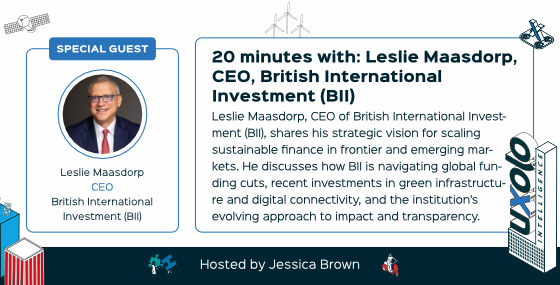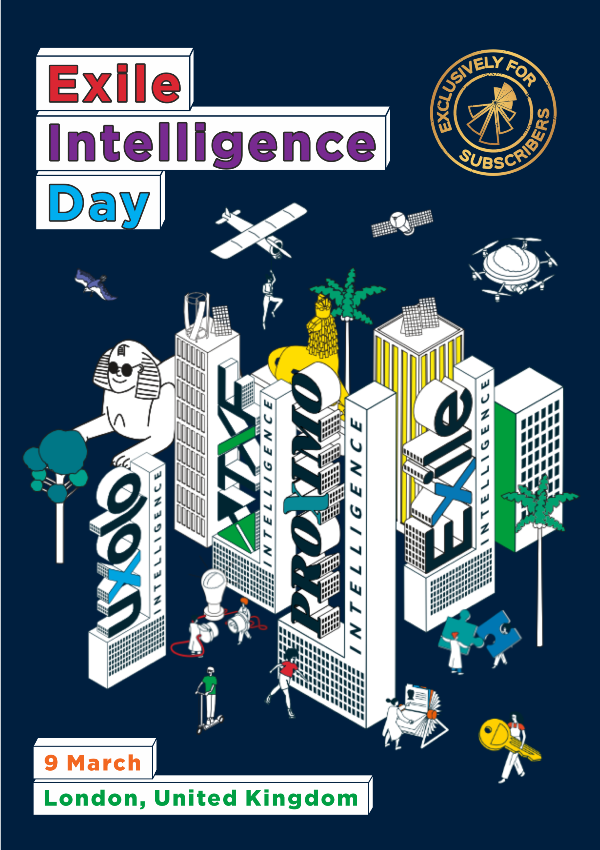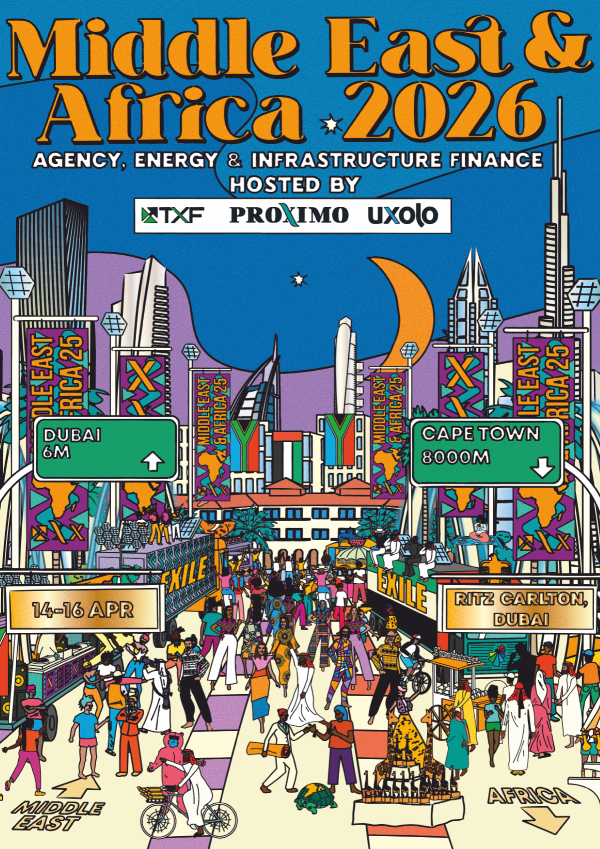Uxolo talk: AIIB’s Nardelli on its debut HK dollar bond
At the headquarters of the AIIB in Beijing, Uxolo spoke with Domenico Nardelli, Treasurer at AIIB, to outline the MDB’s recent inaugural HK$4 billion ($514 million) three-year public Hong Kong dollar bond market issue – known as the ‘wonton’ bond – as it adds another instrument to its financial toolkit.
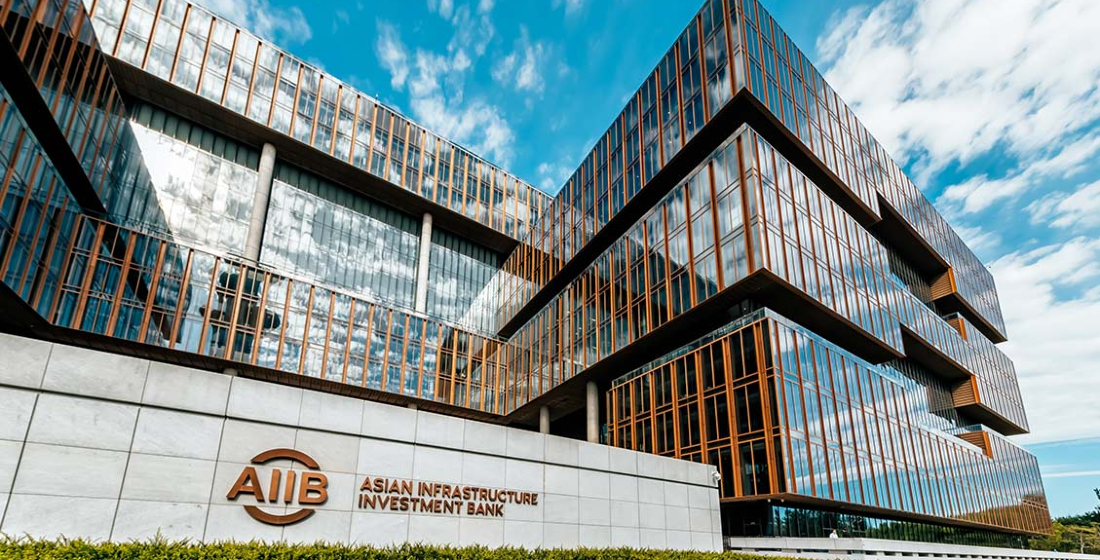
Uxolo: The AIIB's recent Hong Kong dollar bond offering was a landmark deal. What’s your fundraising strategy and do you have a preference when tapping the capital markets to meet your needs?
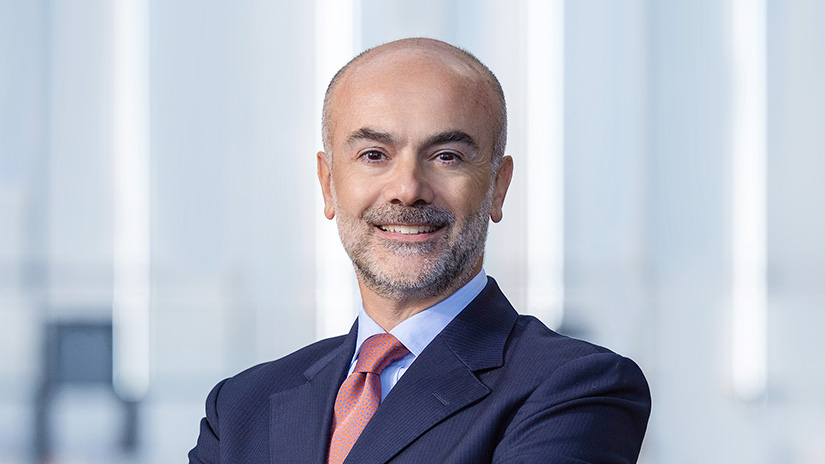 Domenico Nardelli (DN): Firstly, in terms of tapping the capital markets, from the very beginning we designed a strategy based on the strategy frequent borrowers apply, such as other large MDBs and peer institutions. Over the years, our strategy has become more diversified, we’ve tried to tap the main capital markets, the most liquid and advanced.
Domenico Nardelli (DN): Firstly, in terms of tapping the capital markets, from the very beginning we designed a strategy based on the strategy frequent borrowers apply, such as other large MDBs and peer institutions. Over the years, our strategy has become more diversified, we’ve tried to tap the main capital markets, the most liquid and advanced.
The AIIB's first issuance was in 2019 in US dollars, which took the form of a bond that was placed under a SEC registered format. It was a very successful, highly liquid public benchmark at $2.5 billion and then from there, we started to deploy a more diversified strategy, adding further currencies and further markets. We've since issued in British pounds, Australian dollars, Swiss francs, and more recently Euros.
Importantly, we rolled out this strategy of further diversification and further access to more markets. In steps the Hong Kong dollar issuance, which fits very well in this strategy because, after all, we are based here in Asia.
With almost a decade of operations, the AIIB is a relatively well-known name and has good exposure and ties to the Hong Kong financial community. We have always enjoyed strong backing from the Hong Kong-based investment community with lots of investors there, and this is why our interest was triggered in Hong Kong dollars. This is a market that over the years has given us repeated opportunities for private placements, tailor made deals to one specific investor. And it will be very important for us to continue to tap these types of markets, as it is very common for other issuers too.
Uxolo: This HK bond was your debut in this format, right?
DN: This bond was our first in the public benchmark format, a true debut. It was also the first time an MDB has raised a public benchmark deal in Hong Kong dollars in the Hong Kong market. So, it's a real first. We decided to try it because, we've seen repeated flows through private placements which keep coming in meaningful sizes. We've watched the developments in the Hong Kong market over the past year and a half and there have been other types of issuers who have started to issue publicly. The public bond market is liquid with corporates and governments tapping it, including the Hong Kong government itself and related entities (like State-owned Enterprises). This is a sign that probably the liquidity pool in the Hong Kong market is probably deeper than we first thought, and so there may be grounds to put together a public deal.
So, we started to entertain the idea and spoke to a few of our dealers, and this is how the transaction came together. In short, we leveraged from this continued flow of private placements and tried to involve more investors, investors who do not typically (or cannot typically) buy a private placement for liquidity reasons and might be interested in taking exposure to a name like AIIB in Hong Kong dollars.
For example, international asset managers who need more liquidity compared to an insurance, or a bank, or for regulatory capital reasons. This would extend the pool that we can involve in an issuance. And this is exactly what happened. So, we were able to move from the hundreds of millions of Hong Kong dollars into a bond where we printed 4 billion HKD.
Uxolo: It sounds like there's plenty of benefits to tapping this bond. But in terms of the challenges faced during the issuance, can you highlight a few of those and how you overcame them?
DN: Yes, of course. One challenge is the fact this was a different market, and the bond has been operating according to different conventions. For example, the way you price bonds typically in Asia and onshore in mainland China is more yield driven. If you are an investor, you’re really looking at the headline number. What's the yield on the bond? This is what happens for most of these Hong Kong dollar private placements. There is also a trade that happens in terms of investors – like what’s going on in Hong Kong's domestic market versus the Chinese mainland market. But in this case, because it's a public deal, what we wanted to do was to structure and price the deal more in line with international practices because we knew this would attract, again, a larger international base of investors. We spoke to our brokers and the idea was to try and price the bond according to the practice in more developed and more liquid international markets. So price it versus mid swaps, which is the practice for most other markets instead of yield-based only.
This might have been a challenge because typical investors aren’t usually doing that. But what we found is that this again attracted a lot of international investors who liked to have the ability to hedge more easily throughout the execution period of the transaction. In short, you get less directional exposure to the Hong Kong dollar market and can focus more on the name of the credit that you are buying.
This is more like when you price a dollar deal or any other liquid deal. This is something where a potential challenge turned into a good opportunity and a good outcome, as it favoured more involvement from investors. The result was that for a deal like this we attracted quite a number of new investors to the AIIB, investors that had not bought us previously. We also saw investors that, for the reasons I mentioned before, would not typically buy a private placement in Hong Kong dollars but were happy to buy a liquid bond. The overall outcome was very good in the end.
Uxolo: Can you mention a few names, specifically for the new investors?
DN: Typically, we don't disclose names but in terms of the type of investors, we saw international asset managers coming to Hong Kong and getting exposure - I wouldn't call it an asset class, but it's a new product. It’s attractive for fund managers, banks and bank treasuries. So, this is the funding mix that has formed the deal, rather than working with central banks, for example, or an official institution/other investor. A more articulated complexion of participation you might say. If you look at our order book, from a complexion standpoint, it’s more like what we would typically see on a US dollar or Euro deal, but of course, the geography is slightly different because it's more Asia-orientated rather than global.
Uxolo: Do you think this bond is replicable? I mean, obviously some of your peers are going to be looking into this.
DN: Yeah, it's an interesting question. Again, this deal proves the Hong Kong market is probably broader than we were assuming. This should be a base that others can look at to replicate. We too at the AIIB wouldn't shy away if there’s another opportunity to do something similar, maybe next year or even in the next few months, because our strategy from a liquid bond issuance is that once we access a market, we want to go back. We want to continue offering liquidity and AIIB bonds to the investor community. The sheer fact the bond was given a nickname, the wonton, proves investors want to see this category form and take shape with a continued supply.
Uxolo: So, was that term coined internally or by the market externally?
AIIB: It was suggested by our brokers, they heard it and told us. This bond is starting to be dubbed as a long-term bond, and markets do have this convention, even here in China, the bonds that we typically issue in RMB as a foreign issuer on China mainland are called panda bonds. And there's so many others, such as Yankee and Samurai, many different definitions. This underscores investor's attitude to look at segments in the market and you have products that are created in this way and will continue to be coined this way.
Uxolo: Are you concerned about your MDB peers jumping on this structure, or do you see that as beneficial?
AIIB: We’ve heard from our brokers that this transaction has generated lots of interest, and so there are questions and others who are looking at it with a view to potentially replicating it. We’ll see – there’s certainly grounds for other to repeat and issue such a structure.
Uxolo: And have you got any new issuances in the pipeline?
AIIB: Yes, we do. This year we’re quite advanced in terms of the execution of our programme. We are looking to issue about 10 billion in USD-equivalent overall. Of that figure, we’ve issued about half or maybe 45%. But we do have plans to continue executing. We have issued one of the dollar benchmarks, but there’s another one coming down the road – once the market presents a favourable window. But we’d like to come back to dollar markets (and we issued a EUR bond on 8 May), as it has been very receptive. We only started issuing there in 2023, but the market has been supportive of the AIIB as a new name.
We haven't issued domestically here in China as a foreign issuer, with a panda bond, or in the China onshore market We have been doing a lot of work recently with investors to expand the knowledge of the AIIB name with the Chinese domestic investor base, so I'm pretty sure that we will issue a benchmark as a panda bond too. This is our plan going forward.
Uxolo: What do you see the overarching trend in the development finance space now?
DN: For MDBs and the large issuers, they are focused on the dollar market, but there is a lot of volatility right now. So typically, what you do in these kinds of cases you try to wait and see in the hope that the market kind of calms down. And then you assess liquidity conditions before you go back.
Spreads are widening a little bit right now. But not massively, as you would see in a full-blown crisis. You must keep going steady and assess the opportunities in the best market timing and so forth. We are going to try to execute on the strategy that I have just said in terms of currency mix diversification, so no major strategic shifts.
Uxolo: It’s the AIIB’s 10-year anniversary in June – where do you see the bank in a decade from now?
DN: The main feature will be the continued growth of the bank. If you look at the balance sheet of the bank, you will see that this is a bank that still has a lot of capacity to sustain balance sheet growth. We have ample capital available to us. We have lots of liquidity on our loan book and that will continue to expand. We'll continue to look for investment opportunities. So not talking about financial investments from a treasury standpoint, but from a developmental angle: so lending or other types of investments through loans and even capital market equity. So I see that over the next ten years the bank balance sheet will continue to expand. That's I think the direction.
Uxolo: And cooperation is obviously key to that?
DN: We’ve already been quite successful in terms of cooperation because early in the life of the bank we established many relationships with other MDBs and started co-lending with many others here in Asia. For example, AIIB is the largest co-financing partner of both the World Bank and the ADB. We also work closely with many others. Being part of the international community is imperative we have been quite successful, and welcomed by the community, so that approach is going to continue.



